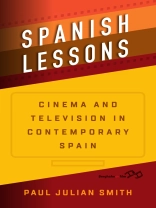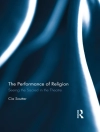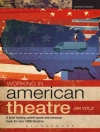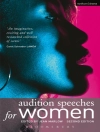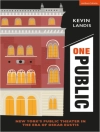Though unjustly neglected by English-language audiences, Spanish film and television not only represent a remarkably influential and vibrant cultural industry; they are also a fertile site of innovation in the production of “transmedia” works that bridge narrative forms. In Spanish Lessons, Paul Julian Smith provides an engaging exploration of visual culture in an era of collapsing genre boundaries, accelerating technological change, and political-economic tumult. Whether generating new insights into the work of key figures like Pedro Almodóvar, comparing media depictions of Spain’s economic woes, or giving long-overdue critical attention to quality television series, Smith’s book is a consistently lively and accessible cultural investigation.
Tabella dei contenuti
List of Illustrations
Acknowledgements
Introduction: Film, Television, Transmedia
PART I: FILM
Chapter 1. Spanish Cinema of the 1980s
Chapter 2. Madrid de Cine: Spanish Film Screenings
Chapter 3. Almodóvar’s Self-fashioning: The Economics and Aesthetics of Post-Auteurism
PART II: TELEVISION
Chapter 4. Media Migration and Cultural Proximity: A Specimen Season of Television Drama
Chapter 5. LGBT TV Catalonia
Chapter 6. Televisual Properties: The Construction Bubble in Three TV Series
PART III: (RE)TURN TO TRANSMEDIA
Chapter 7. Towards Transmedia: Past and Present of Cinema and Television in Spain
Chapter 8. A New Paradigm for the Spanish Audiovisual Sector?: Popular Cinema/Quality Television
Chapter 9. Crisis Fictions: Novel, Cinema, TV
Conclusion: The Audiovisual Field in Contemporary Spain
Bibliography
Index
Circa l’autore
Paul Julian Smith is a specialist in film and television in Spain and Mexico. He is Distinguished Professor in the Hispanic and Luso-Brazilian Program in the Graduate Center, City University of New York, and he was for twenty years Professor of Spanish at the University of Cambridge. He is the author of seventeen books.
